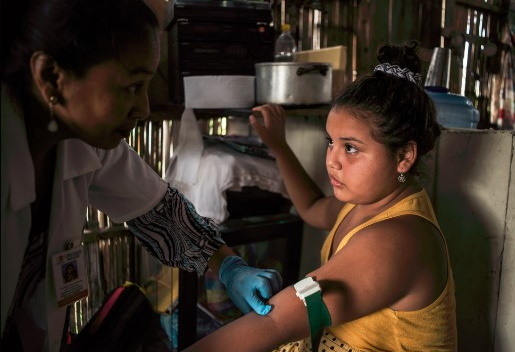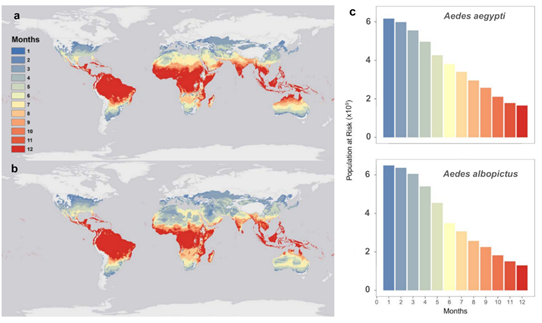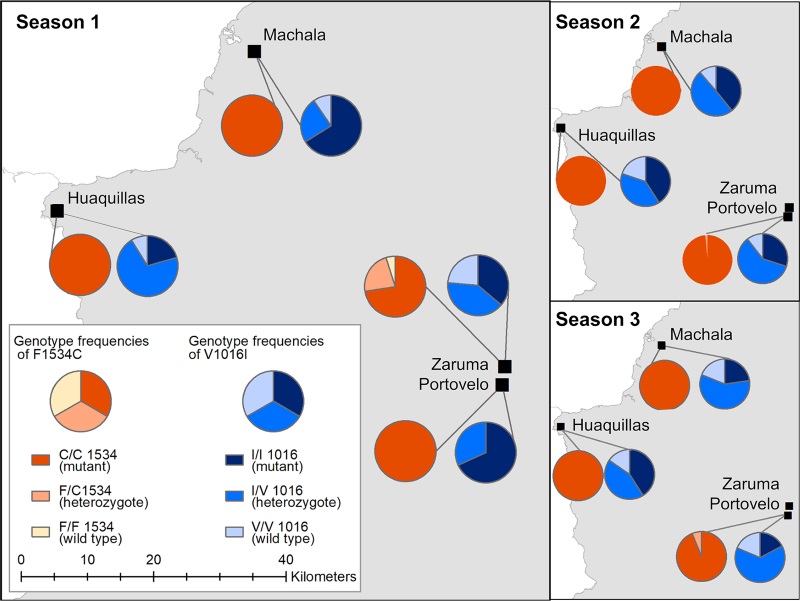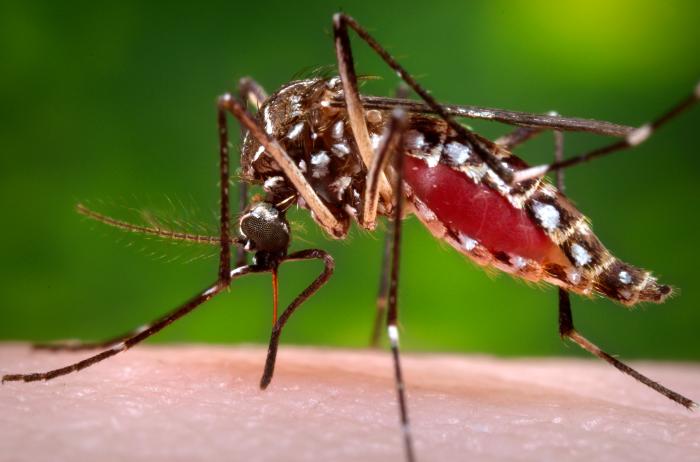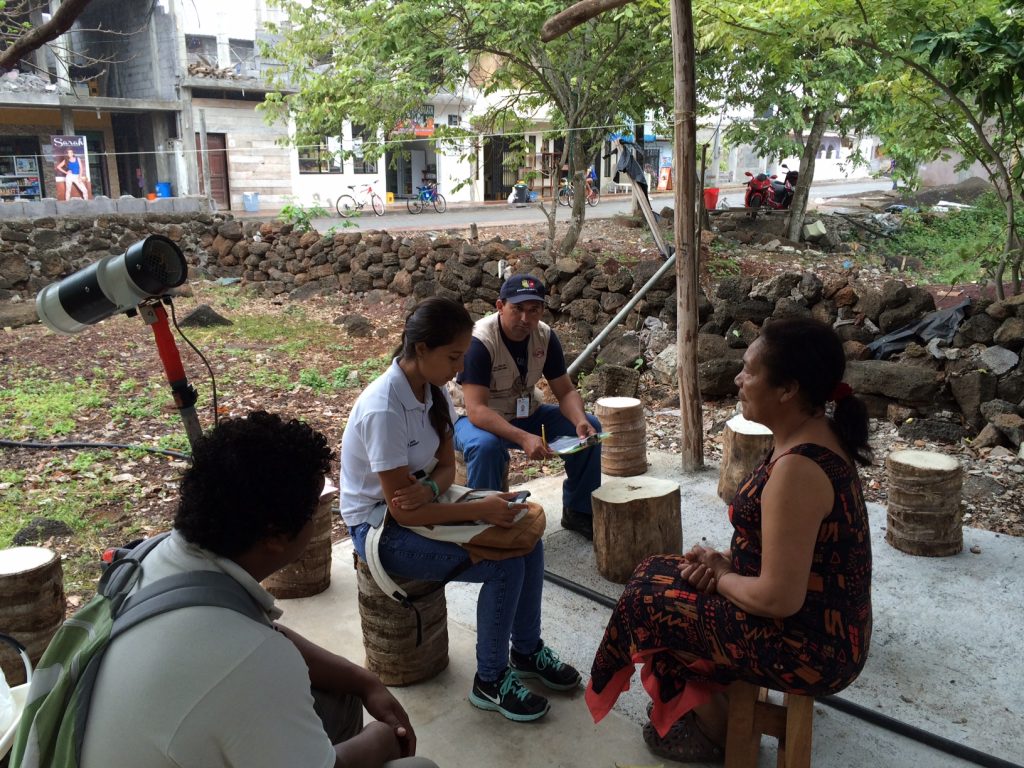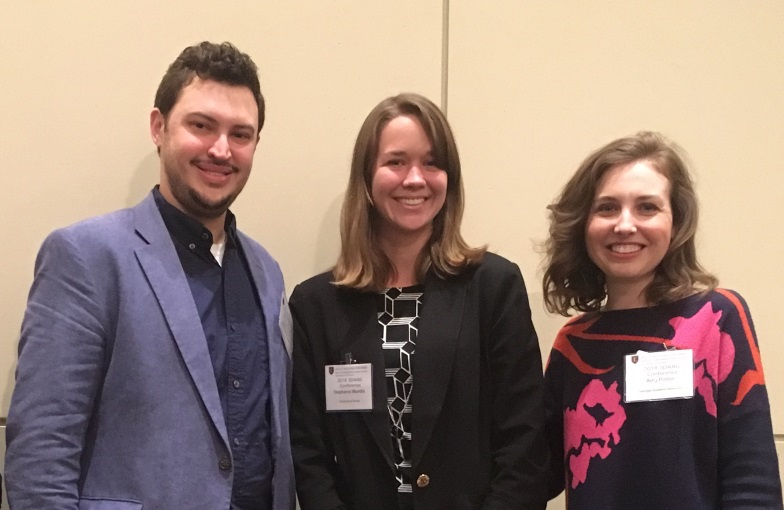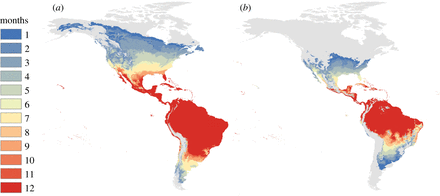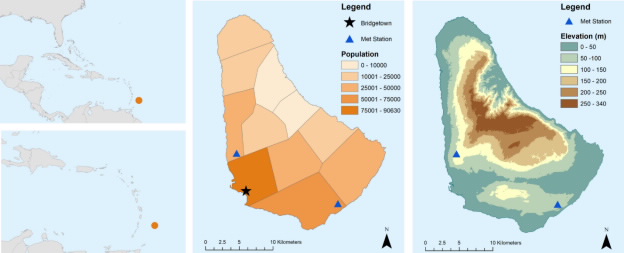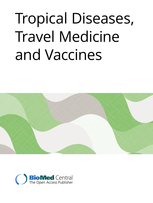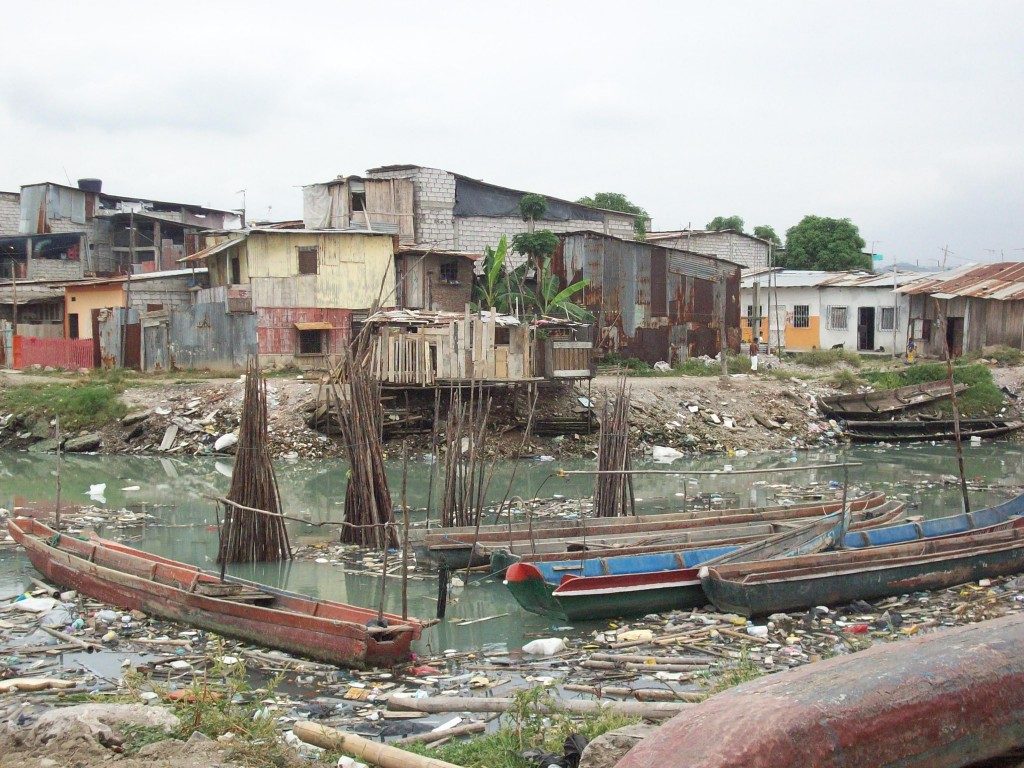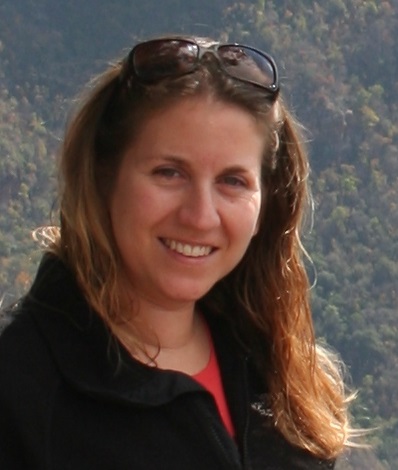Co-learning during the co-creation of a dengue early warning system for the health sector in Barbados
RYAN, LIPPI – Co-learning during the co-creation of a dengue early warning system for the health sector in Barbados Anna M Stewart-Ibarra, Leslie Rollock, Sabu Best, Tia Brown, Avriel R Diaz, Willy Dunbar, Catherine A Lippi, Roche Mahon, Sadie J Ryan, Adrian Trotman, Cedric J Van Meerbeeck, Rachel Lowe Article first published online: 6 Jan 2022 […]
